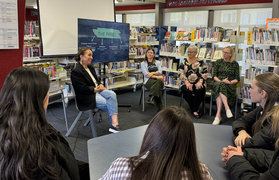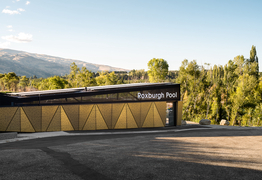Dunedin Hospital downgrade - Central health leaders perspective
Shannon Thomson
17 October 2024, 4:55 PM
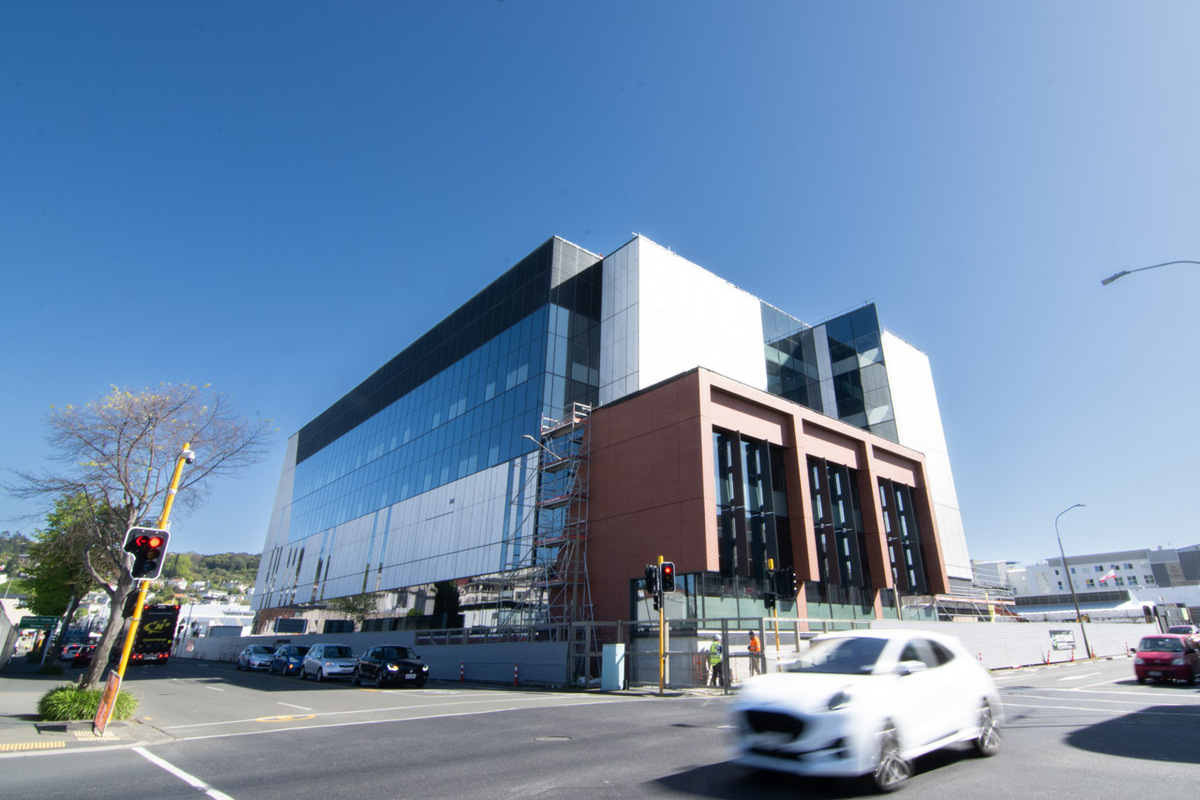 One of the buildings for the new Dunedin Hospital being built in Dunedin. Last month government Ministers threw doubt on the project. PHOTO: SHANNON THOMSON
One of the buildings for the new Dunedin Hospital being built in Dunedin. Last month government Ministers threw doubt on the project. PHOTO: SHANNON THOMSONLast month Minister of Health Shane Reti and Minister for Infrastructure Chris Bishop announced the cost of the planned Dunedin Hospital redevelopment had ballooned to $3billion and would either need to be reduced, or done in stages.
The shock announcement saw tens of thousands of people take to the streets in protest, angry at broken promises and the implications of what a smaller build would mean not only for Dunedin, but the wider Otago region.
In Central Otago, residents live with the impacts of a stretched health system every day.
Limited access to mental health and other key services, a maternity unit that was promised but yet to materialise and a lack of an emergency department coupled with isolated communities, long commutes to Dunedin - or further afield - for specialist care, dangerous winter road conditions and a burgeoning population adding more pressure to already stretched resources means Central Otago residents know first hand the impacts of a stretched health service.
So is placing all of our eggs in the Dunedin Hospital basket the answer to the region's health woes?
The Central App spoke with leaders from both Dunstan and Maniototo Hospitals about the impacts of the Ministers’ proposal on Central Otago.
Dunstan Hospital
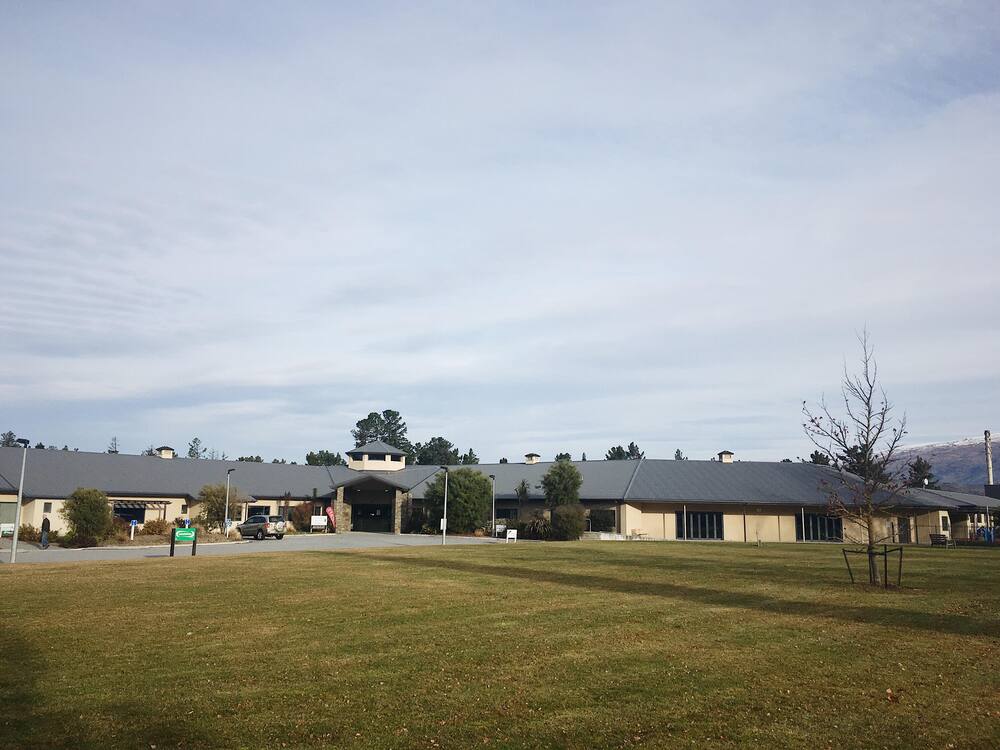
Community-owned Dunstan Hospital in Clyde. PHOTO: The Central App
Dunstan Hospital based in Clyde is a community-owned facility operated by Central Otago Health Services Ltd (COHSL).
The hospital includes a 24 acute bed inpatient ward, including a three bed High Dependency Unit, and provides secondary health services to more than 25,000 people living in the wider Central Otago and Wanaka regions.
In the last financial year, Dunstan Hospital has experienced an increase in demand across the majority of its services.
Patient admissions increased 17 per cent; the number of afterhours patients treated grew 38 per cent; chemotherapy and infusion treatments 17.5 per cent; CT scans 1.6 per cent and outpatient encounters 1.3 per cent. Patient Transfers in the COHSL vehicle between Clyde and Dunedin had increased 9.6 per cent.
Not all services had experienced growth, with district nursing visits and equipment loans reducing by 6.5 and 6 per cent respectively.
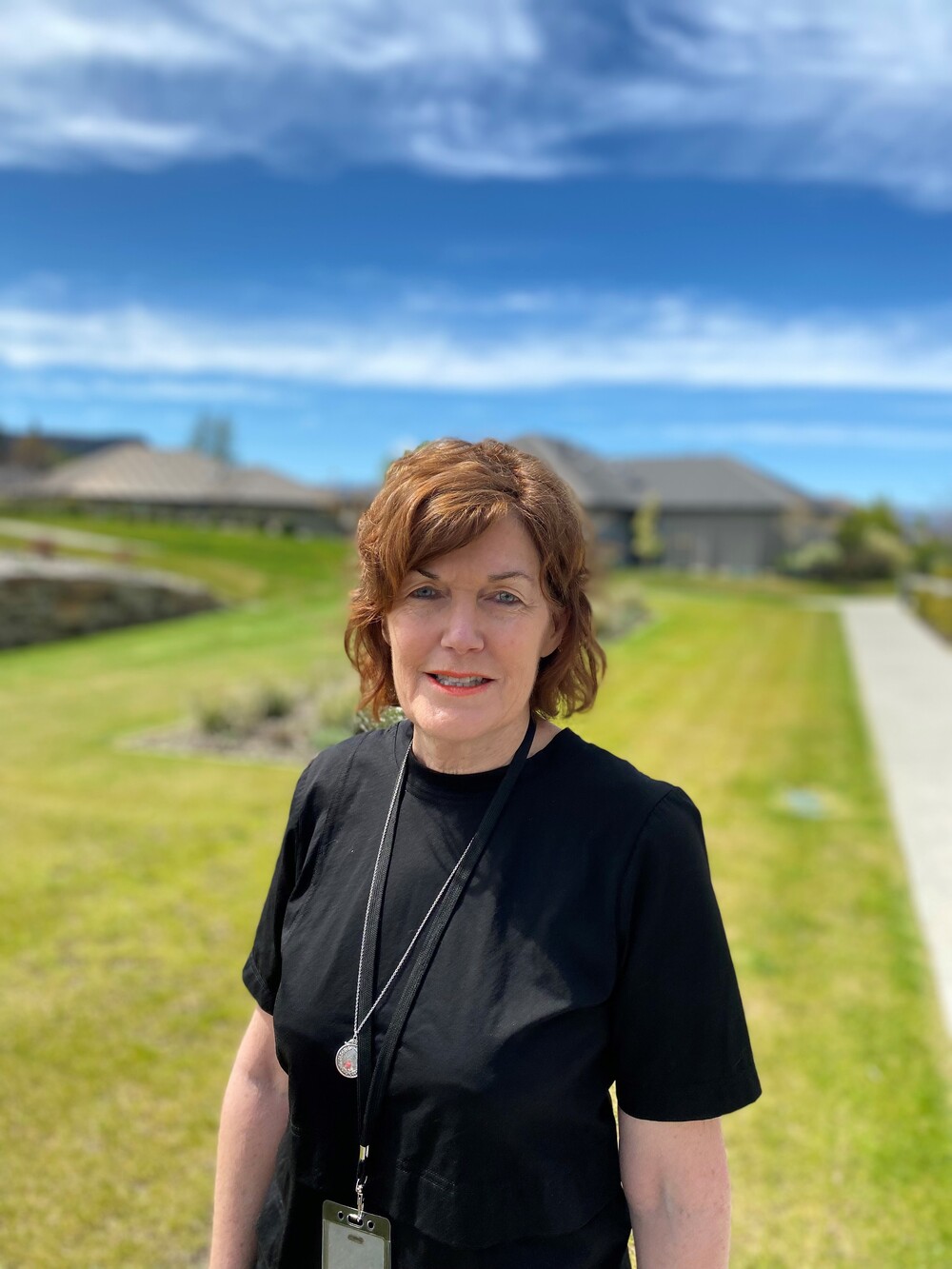
Central Otago Health Services Ltd chief executive Hayley Anderson. PHOTO: Supplied
Central Otago Health Services Ltd (COHSL) chief executive Hayley Anderson said the majority of patients were elderly medical, complex palliative care, and rehabilitation with 85 per cent receiving the entirety of their care at Dunstan Hospital.
COHSL had a “strong and supportive’’ relationship with their Dunedin colleagues and staff were in daily communication regarding the flow of patients in and out of the region. The same applied to Lakes Hospital, Hayley said.
There were times the flow of patients in both directions was under pressure due todemand and it was important when patients required the services of Dunedin Hospital they were available.
“We cannot, for example, offer surgery as we have no theatre, we do not have an Intensive Care Unit, we have CT but not MRI,’’ she said.
COHSL would like to see appropriate services divested from Dunedin to Central Otago - along with the required operational funding - so people could access those services “closer to home”.
“This would be in keeping with the Rural Health Strategy,’’ she said.
The region’s population growth meant opportunities were evolving and health leaders in the region were no strangers to finding innovative solutions – on Monday, in collaboration with COHSL, Wanaka GPs, St John and Ka Ora Telecare, the Wanaka Acute Overnight Care service opened.
The service will see an overnight nurse service linked to senior doctor support at Dunstan Hospital to meet an overnight gap in service availability.
“We could be offering more in terms of outpatient support to our community however we need the contract volumes and the specialist staff to achieve this,’’ Hayley said.
Maniototo Hospital
In 2019, after years of hard work and fundraising by the community, the revamped Maniototo Hospital opened, costing a cool $7million.
Overseen by Maniototo Health Services Ltd (MHSL), the facility has 25 aged residential care beds along with six medical beds and an emergency department.
MHSL also provides a range of health services across the Maniototo.
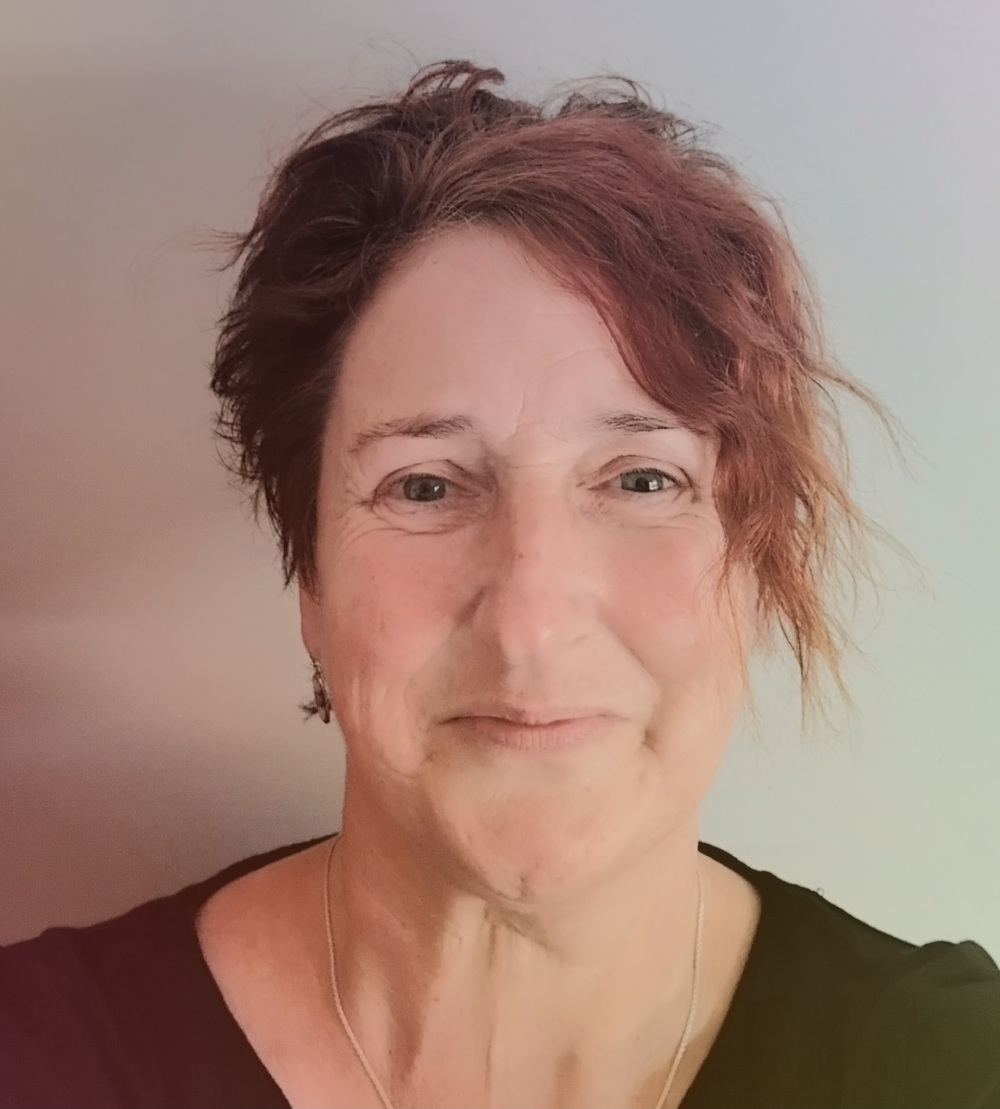
Maniototo Health Services Ltd general manager Tracey Kubala. PHOTO: Supplied
General manager Tracey Kubala said population growth in the district – both in new families and retirees – as well as its popularity as a holiday destination had placed pressure on services.
MHSL had experienced approximately a 50 per cent increase in demand for services such as physiotherapy and occupational therapy, while aged residential care had shown “consistent high demand’’ along with community nursing and Meals on Wheels, she said.
Patient referrals to Dunedin Hospital were usually for emergency or critical care and the community hospital was able to admit and manage “more stable conditions’’.
“As such we have not had an issue with having access to services, however transporting to outpatient or specialist services is another issue,’’ Tracey said.
However, downgrading the Dunedin Hospital build could have flow-on effects to Central Otago.
“I can see there being a higher demand for Rural Health Service Providers to be providing more services with less funding.
“We are about our communities, and we are already fighting for every dollar we receive to ensure that we can meet the needs of our populations. Maniototo is no different,’’ Tracey said.
“We are quite isolated as a community and the costs involved in running the hospital are higher due to this. We struggle to access services for our community that are readily available in Urban areas. We believe rural residents should have equitable access to all the services their urban counterparts have.’’
Rural hospitals needed to be valued and funded in such a way they could support our main hospitals to provide services, Tracey said.
“The plan has always been to have equitable access to services wherever you are in New Zealand, it is a basic human right. So let’s look at our models of care and rather than seeing Rural Hospitals as the poor cousin fund us to support service delivery equitably.’’
Next week: Central Otago mayor Tim Cadogan gives his perspective
Do you have a story you would like to share?
Contact us at [email protected]

